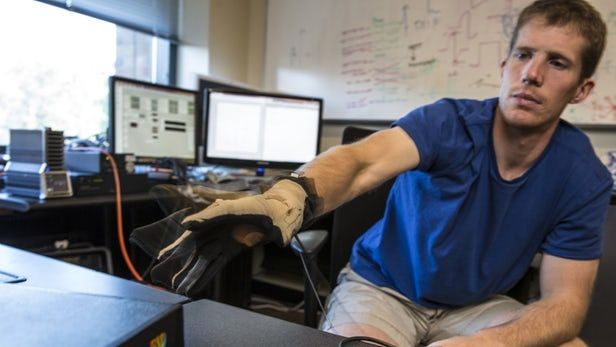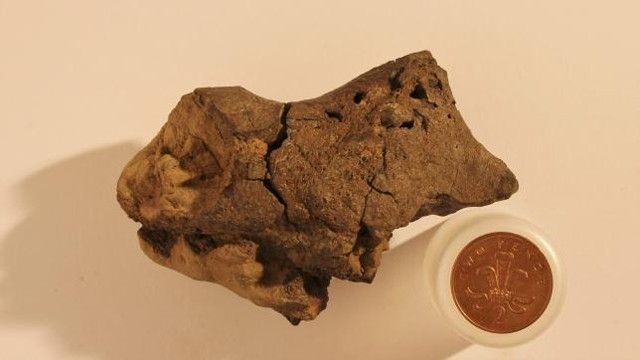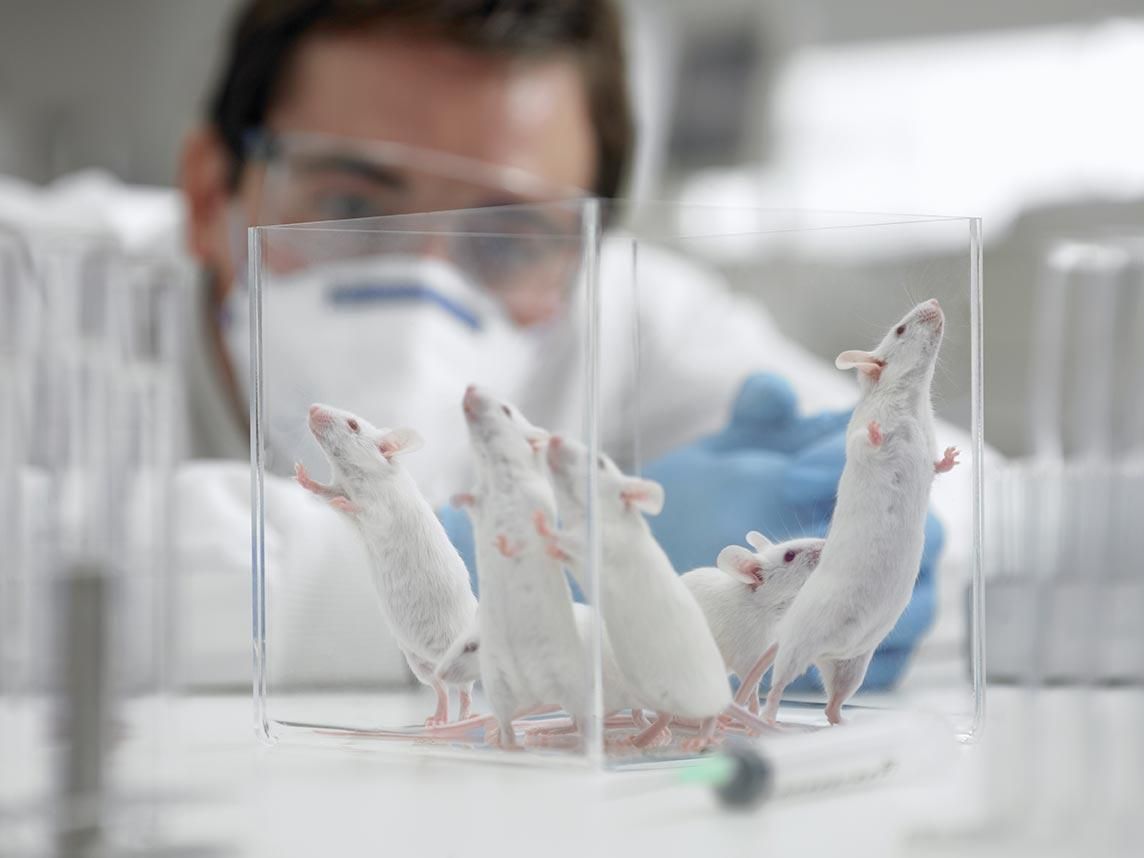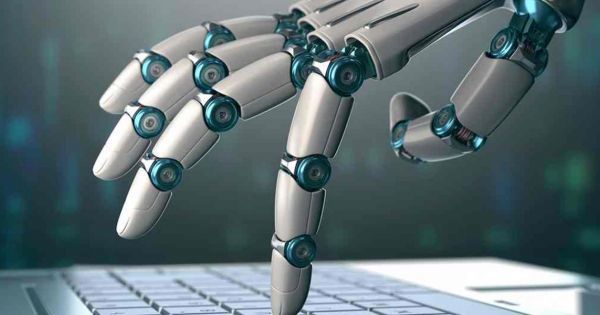
There have been significant advances in developing new prostheses with a simple sense of touch, but researchers are looking to go further. Scientists and engineers are working on a way to provide prosthetic users and those suffering from spinal cord injuries with the ability to both feel and control their limbs or robotic replacements by means of directly stimulating the cortex of the brain.
For decades, a major goal of neuroscientists has been to develop new technologies to create more advanced prostheses or ways to help people who have suffered spinal cord injuries to regain the use of their limbs. Part of this has involved creating a means of sending brain signals to disconnected nerves in damaged limbs or to robotic prostheses, so they can be moved by thought, so control is simple and natural.
However, all this had only limited application because as well as being able to tell a robotic or natural limb to move, a sense of touch was also required, so the patient would know if something has been grasped properly or if the hand or arm is in the right position. Without this feedback, it’s very difficult to control an artificial limb properly even with constant concentration or computer assistance.
Read more


















